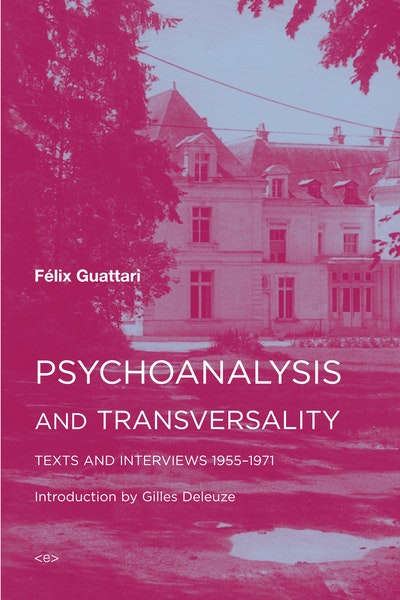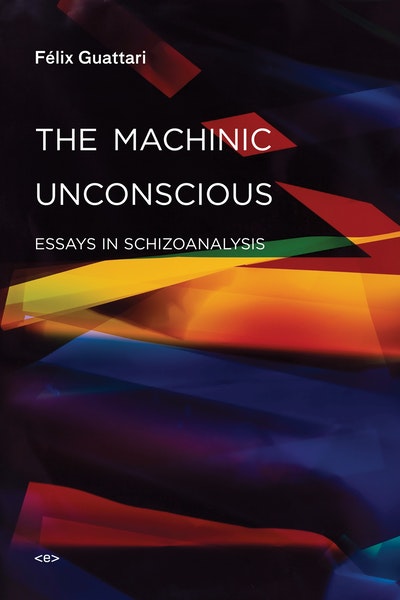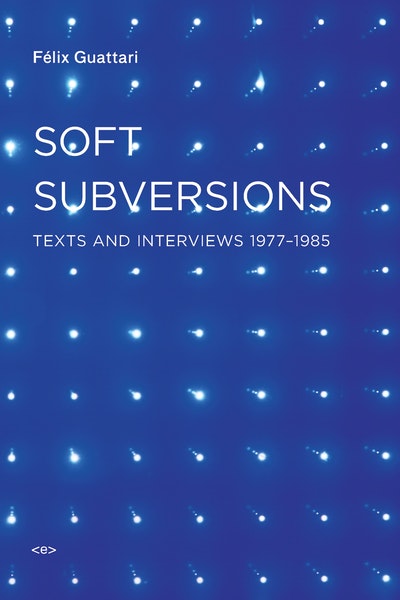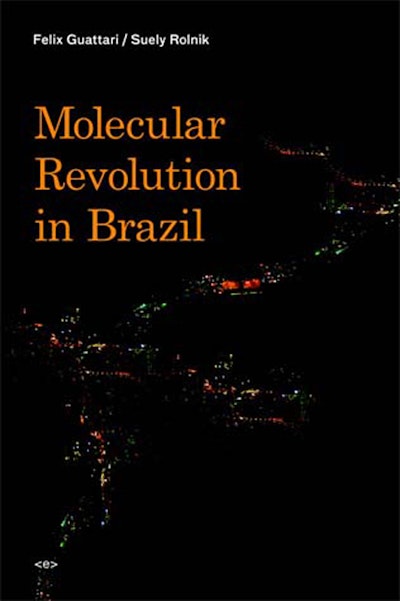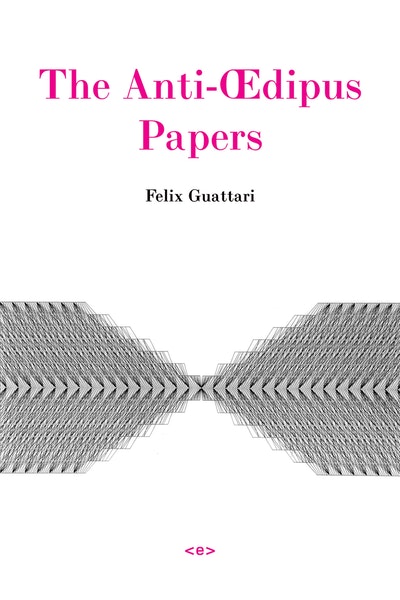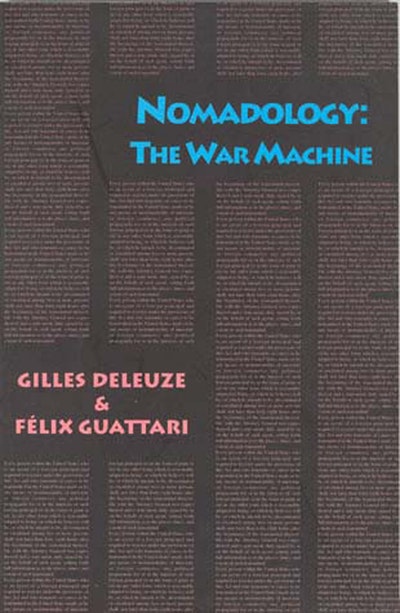Groundbreaking essays that introduce Guattari's theories of “schizo-analysis,” in an expanded edition.
Chaosophy is an introduction to Félix Guattari's groundbreaking theories of “schizo-analysis”: a process meant to replace Freudian interpretation with a more pragmatic, experimental, and collective approach rooted in reality. Unlike Freud, who utilized neuroses as his working model, Guattari adopted the model of schizophrenia—which he believed to be an extreme mental state induced by the capitalist system itself, and one that enforces neurosis as a way of maintaining normality. Guattari's post-Marxist vision of capitalism provides a new definition not only of mental illness, but also of the micropolitical means for its subversion. Chaosophy includes such provocative pieces as “Everybody Wants to Be a Fascist,” a group of texts on Guattari's collaborative work with Gilles Deleuze (including the appendix to Anti-Oedipus, not available in the English edition), and “How Martians Make Love,” a roundtable discussion with Guattari, Lotringer, Catherine Clément, and Serge Leclaire from 1972 (still unpublished in French). This new, expanded edition features a new introduction by François Dosse (author of a new biography of Guattari and Gilles Deleuze) and a range of additional essays, including “Franco Basaglia: Guerrilla Psychiatrist,” ”The Transference,” “Semiological Subjection, Semiotic Enslavement,” “The Place of the Signifier in the Institution,” and “Three Billion Perverts on the Stand.”

